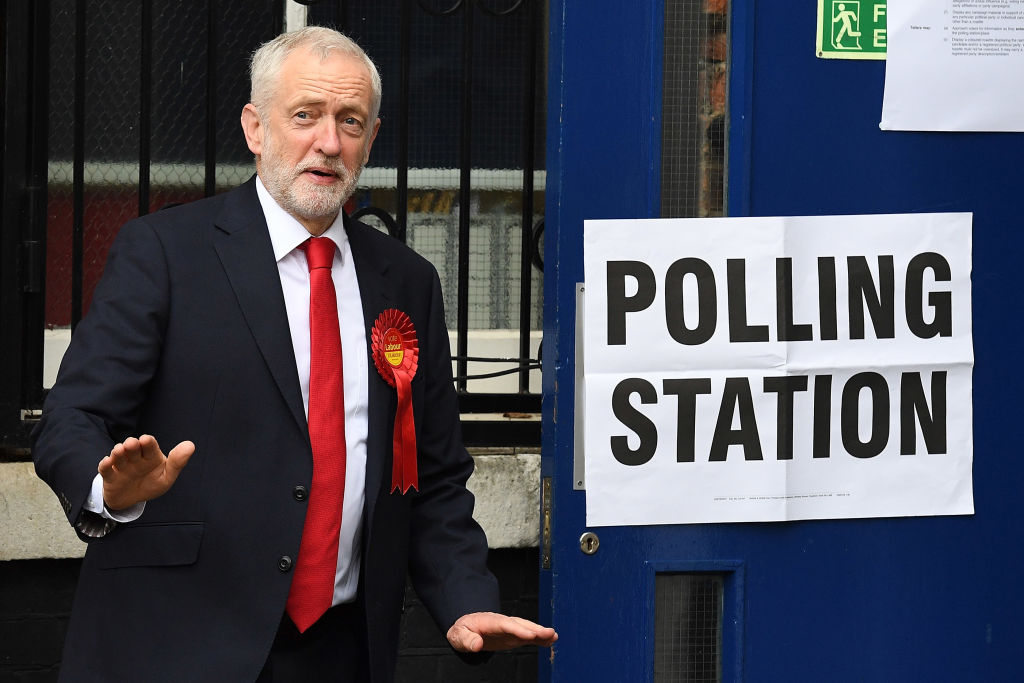Reports that Theresa May’s team are considering a June election haven’t exactly been met with universal acclaim. Tory MPs in marginal seats are horrified by the prospect, demanding assurances from the party’s chairman Brandon Lewis that this isn’t the case. But it’s not only Tories concerned about losing their seats who should be worried. A snap election would also be bad news for the band of Labour MPs considering breaking away to form a new party.
The arguments against forming a new party due to the crushing forces of our first past the post electoral system are familiar and have acted as a brake on the formation of significant new parties since 1983. But there are reasons to think that a new movement right now could succeed – as long as the country doesn’t go to the polls in the coming months.
Firstly, there is plenty of dissatisfaction with the current parties. That all parties are coalitions has never been so obvious and nor have the fracture lines between the factions been so stark. Even against this backdrop, the Lib Dems have been unable to rediscover their mojo.
Secondly, there is a perception that both Labour and the Conservatives have abandoned the centre ground. In the case of Labour, the far-left has captured the party and its institutions from top to bottom. While many MPs are utterly unconvinced by the Corbyn project, they know better than to step out of line. Deselection beckons for any moderates foolish enough to be too obviously anti-Corbyn. What’s more, there is now no realistic prospect of winning back the party from its hard-left membership.
For the Tories, the big problem is Theresa May. Under her leadership, with her “citizens of nowhere” rhetoric, the Conservatives have taken a step to the right. Weirdly, though, they’ve also lurched to the left when it comes to nanny-statism, and meddling in energy markets. Instead of this mixed approach appearing centrist, however, they just look a bit confused and unpleasant. The party’s one glimmer of hope is that at least their MPs still retain control over the candidates to be the next leader.
Thirdly, there is likely to be significant money available to a new centre or centre-left party together with some heavyweight political supporters and endorsements from public figures. No major UK party has launched in the social media age. With the right leadership and policy platform they could credibly reach a critical mass of public awareness.
By convention, it is the leader of the largest party not in government who is the official leader of the opposition. If a new party could attract 130 MPs from across the Commons, then it could become the official opposition with all the associated benefits. It’s true that this tally seems a lot. But it’s worth remembering that in 2016 there were 172 Labour MPs prepared to vote that they had no confidence in Jeremy Corbyn’s leadership.
The critical element that a new party does not have, however, is time. It seems likely that a party would need at least a year to become established, the same period that it took for En Marché to achieve the awareness required to propel Emmanuel Macron to the French presidency. If there was a general election sooner than that, the party could easily go the way of the SDP. But there is a way that the founders of such a party could ensure their survival.
Margaret Thatcher once stated that New Labour was her greatest achievement, one being rapidly undone by Jeremy Corbyn and John McDonnell. So this generation of Conservatives needs to consider their legacy. Are they going to be remembered as the party who, through incompetence and lack of a positive vision for the country, opened the door to Britain’s first Marxist government? Or could they bequeath something far more positive – a new Social Democratic party which accepts the free-market as the engine of growth?
The post-Brexit period will require a good deal of cooperation from all parties to sort out a new settlement for the country. As foreshadowed by May offering increased spending in Labour constituencies in return for backing her Brexit deal, it is likely that there is space for agreement in many areas, in new infrastructure in the North, a solution to social care funding or boosting early-years education.
A new Conservative leader could reach out to the new party with a clear offer; no general election for three years in exchange for support on key issues. Such a coalition would be the equivalent of the grand coalitions of the CDU/CSU and the SDP that have governed Germany on-and-off since 2005. This outbreak of centrism would marginalise both the ERG-faction and the hard-left within parliament, bringing some badly-needed moderation back to UK politics, after the brutal divisions of the last three years.
By agreeing to such an arrangement, Labour MPs could overcome the major obstacle to forming a breakaway party – its destruction at a snap General Election that it has no way of preventing and which it isn’t yet prepared for. Conservative MPs would also be granted time and space to allow a new leader to establish a more modern and attractive Conservatism.
Both the Conservatives and the “SDP Mark 2” would then be in a much better state to contest the 2022 general election, and the country can have some much-needed respite from electioneering. Scarcely an episode of Question Time passes without a plaintive cry of “Why don’t the politicians just work together?”. So why don’t they?






Comments